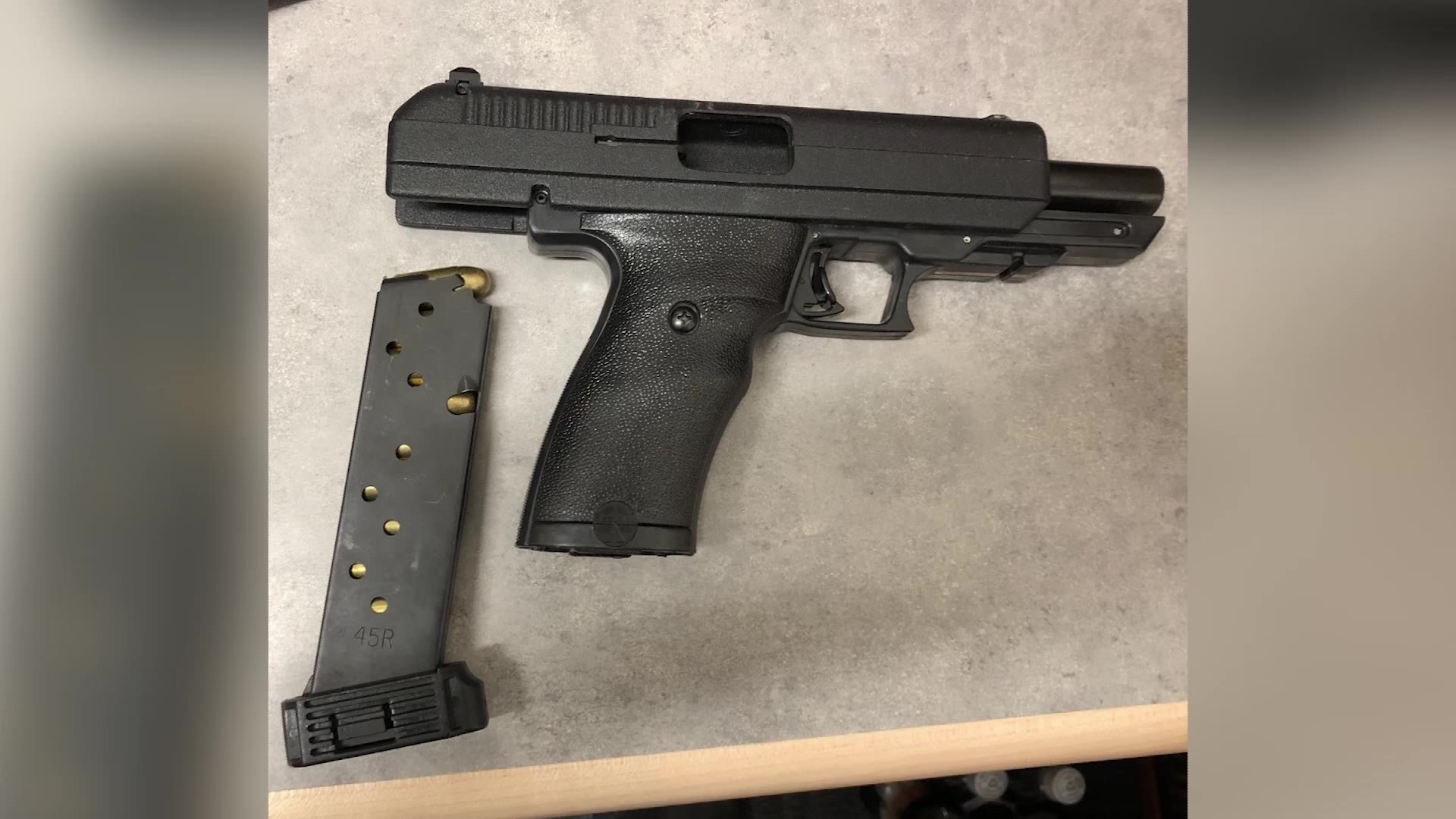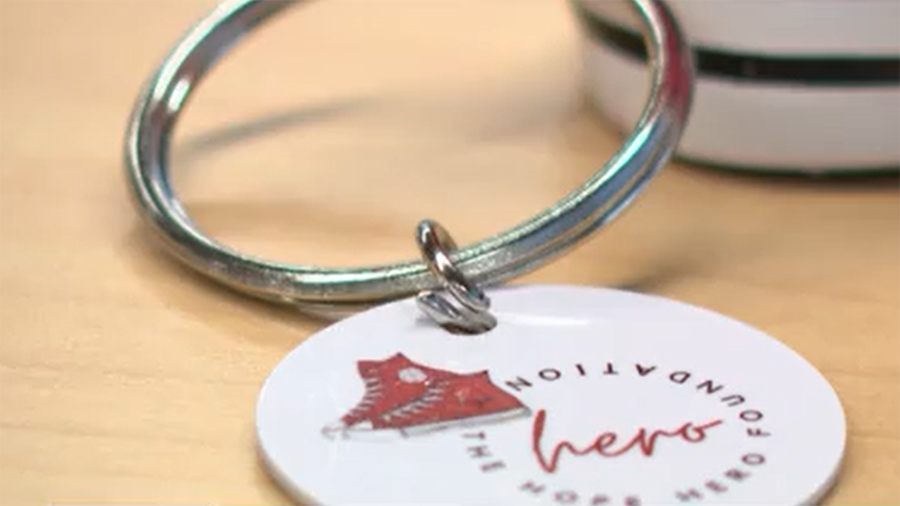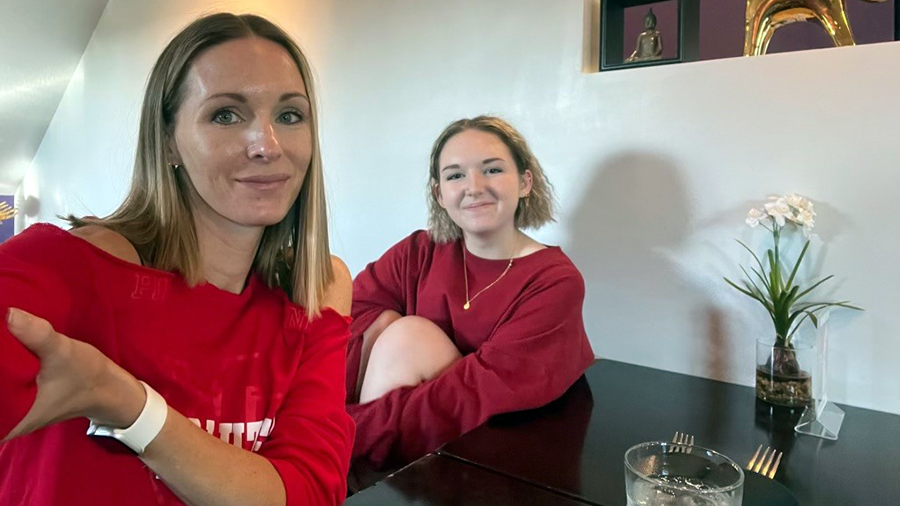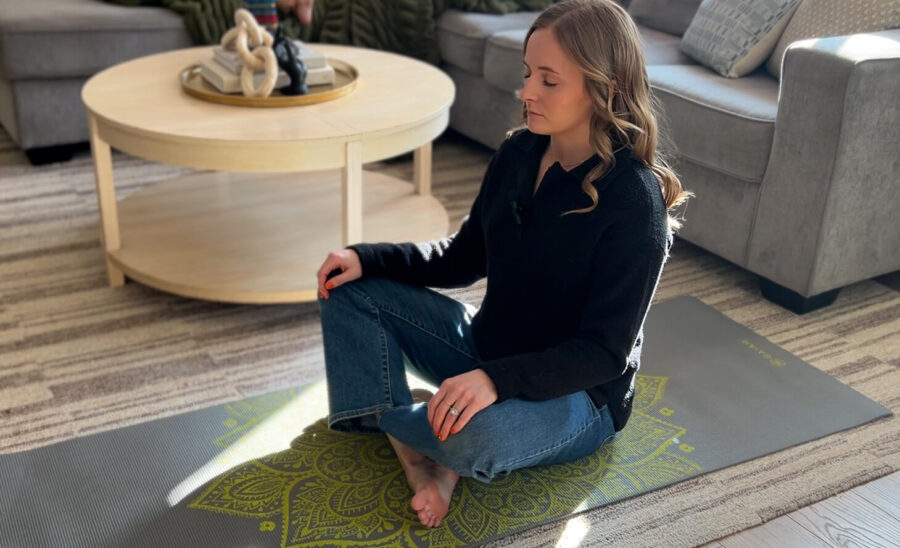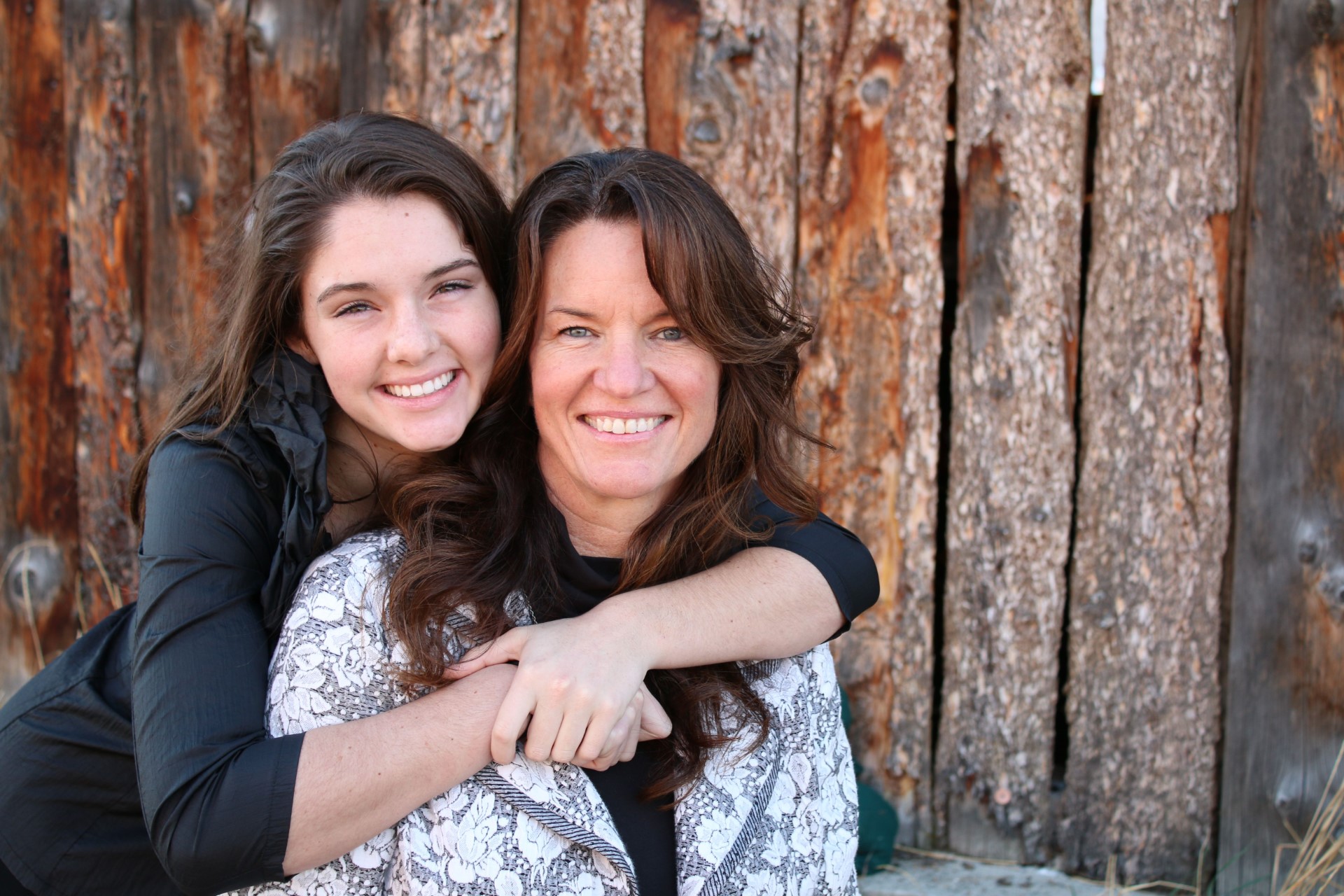Utah State Legislature Passes ‘Crown Jewel,’ Other Mental Health Bills
Mar 13, 2020, 9:05 PM | Updated: 9:15 pm
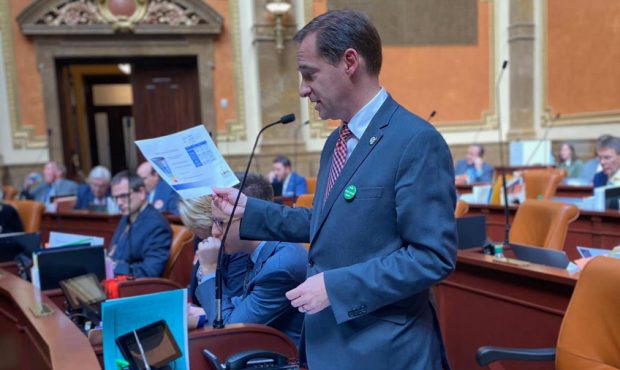
Rep. Steve Eliason, R-Sandy.
SALT LAKE CITY, Utah — The Utah State Legislature wrapped up its 2020 general session this week and multiple bills focusing on mental health and suicide prevention will head to Gov. Gary Herbert’s desk.
Rep. Steve Eliason, R-Sandy, called House Bill 32 Crisis Services Amendments, which passed the Utah legislature late Wednesday evening, the ‘crown jewel’ of mental health bills.
“Frankly, I think it has the opportunity to be the most consequential bill for mental health in Utah’s history,” Eliason said earlier this year, because of the way it seeks to change the system of how Utah responds to people in crisis.
After it passed, Eliason said, “It’s impossible to know how many people will be saved as a result of the legislation that passed this session. Both HB 32 and HB 35 passed with unanimous bipartisan support! I am extremely grateful to my colleagues, and so many others, that came together to address such an acute need in our state.”
Crisis Receiving Centers
If signed by the governor, the legislation will fund 24-hour crisis receiving centers throughout the state between Ogden and Utah counties and likely in Washington County, which Eliason said covers about 85% of Utah’s population.
“So these are like emergency rooms for those experiencing a mental health or substance use disorder, without all of the distractions and challenges of a traditional emergency room,” he said. “They have a recliner, they receive a behavioral health evaluation, they’re instantly connected to resources; a discharge plan with treatment options is prepared, and a safety plan is prepared, and it’s a fabulous resource for somebody in crisis.”
Eliason said a receiving center is an attractive alternative to traditional emergency rooms, which he said are designed to temporarily stabilize an individual so they can make room for the next patient who arrives. In some cases, he believes the chaotic nature of an ER could induce further anxiety for someone at risk.
“So there’s not all the beeping machines and people being wheeled by on stretchers,” he said. “It’s so much better than an emergency room setting where they may be hurried, or they have other trauma patients that may require more attention.”
Instead, crisis receiving centers will feel more “homey,” complete with beds, TVs, therapists, clinicians and physicians.
Just like an emergency room, receiving centers will not refuse service to anyone. Eliason said these centers would offer treatment year-round, 24/7, with no appointment necessary.
Doug Thomas, director of the Division of Substance Abuse and Mental Health, said the initial funding will be enough to open at least two crisis receiving centers. Depending on the state’s ability to leverage partnerships with hospitals and other local partners, they potentially could open a total of five centers.
Late last year, Davis County opened a pilot receiving center, funded through a federal grant, state funds and with the help from the Davis Behavioral Health. Now, funding from HB 32 will allow the Davis County Receiving Center to remain operating.
Taryn Hiatt, area director of the Utah and Nevada chapter of the American Foundation for Suicide Prevention, said she is pleased with the significant progress this session.
“We are thrilled to see Utah invest significantly into a Crisis Service System. House Bill 32 is transformative in our state, to finally address mental health crisis in a meaningful and helpful way,” she said.
Mobile Crisis Outreach Teams
This new legislation will fund five additional Mobile Crisis Outreach Teams to support more rural parts of Utah, and join other units which are already dispatching throughout the state in Salt Lake, Davis, Weber, and Utah counties, and in St. George and other surrounding cities.
Eliason described MCOT units as mental health ambulances without sirens and flashing lights. Unlike traditional emergency service vehicles with EMS branding, MCOT units are unmarked vehicles and are designed to look like any other car on the road. They’re discreet and don’t draw unnecessary attention.
A team of two, including a clinician and peer support specialist, drive to the person in crisis to offer support or provide transportation to a crisis receiving center.
“It’s important to know that MCOT’s are not just not a new idea that we’re trying in Utah,” he said. “This is a national best practice and states that have really developed their mental health crisis response system heavily use MCOT’s. It’s the wave of the future.”
Hiatt said she is excited for people in rural areas to have access to mobile crisis outreach teams for the first time and for Utahns throughout the state to receive care for specific mental health issues in a setting that is less stigmatizing.
Thomas was hopeful the state will have enough funding to open these new MCOT units in Carbon, Emory, Grand, Cache, Box Elder, Rich, Summit, Juab and San Juan counties.
New Statewide ‘Warm Line’
The legislation will also fund a new state “warmline” to offer assistance to people before they reach the point of crisis.
“Which is a number somebody can call who’s not quite in crisis but needs somebody to talk to,” Eliason said. “The goal is to help keep them out of crisis. The time is now to give this confidential free resource to all Utahns” Eliason said this number differs from the National Suicide Prevention Lifeline, which is designed for people who are in a state of emergency.
Mental Health Screenings in School
Additionally HB 323, School Mental Health Funding Amendments, passed which will set standards for Utah schools that choose to offer mental health screenings to students. It will allow the Utah Board of Education and the Division of Substance Abuse and Mental Health to determine an age-appropriate, evidence-based mental health screening tool and make it available to schools that desire to participate.
Eliason noted this legislation requires written parental consent before a student could participate in a screening.
He compares these routine screenings to other health screenings conducted in schools, like eye exams. If a mental health concern is identified, the district will work with the DSAMH and parents to identify options a family may pursue to further help their child.
Eliason said this legislation will provide $500,000 of ongoing funding that will assist with the cost of such screenings and pay for services for students that may need additional professional resources outside of the school system.
Funding Additional In-State Psychiatry Residents
HB 246, Mental Health Workforce Amendments, also passed the state legislature. It will fund two additional psychiatry resident positions at the University of Utah.
Eliason said the vast majority of Utah counties don’t have even one child or adolescent psychiatrist.
“That’s not acceptable,” he said.
Eliason said the data shows most residents who study at the University of Utah choose to practice in the state after schooling.
Additional Beds at Utah State Hospital
Eliason also sponsored HB 35, Mental Health Treatment Access Amendments, which passed the legislature and will fund 30 additional beds at the Utah State Hospital and create an Assertive Community Team.
“This is like a hospital without walls. Psychiatrists, social workers, vocational rehab, other clinicians that go out and visit individuals in the community to try to keep them out of having to go into a facility like the state hospital,” he said.
SUICIDE PREVENTION RESOURCES
If you or someone you know is experiencing suicidal thoughts or exhibiting warning signs, call the National Suicide Prevention Lifeline: 1-800-273-TALK (8255).
Additional Crisis Hotlines
- Utah County Crisis Line: 801-226-4433
- Salt Lake County/UNI Crisis Line: 801-587-3000
- Wasatch Mental Health Crisis Line: 801-373-7393
- National Suicide Prevention Crisis Text Line: Text “HOME” to 741-741
- Trevor Project Hotline for LGBTQ teens: 1-866-488-7386
- University Of Utah Crisis Interventional Crisis Line: 801-587-300
Online Resources
- NAMI Utah
- Utah Chapter-American Foundation for Suicide Prevention
- Suicide Prevention Lifeline
- Safe UT Crisis Text and Tip Line
In An Emergency
- Call the police
- Go to the emergency room

